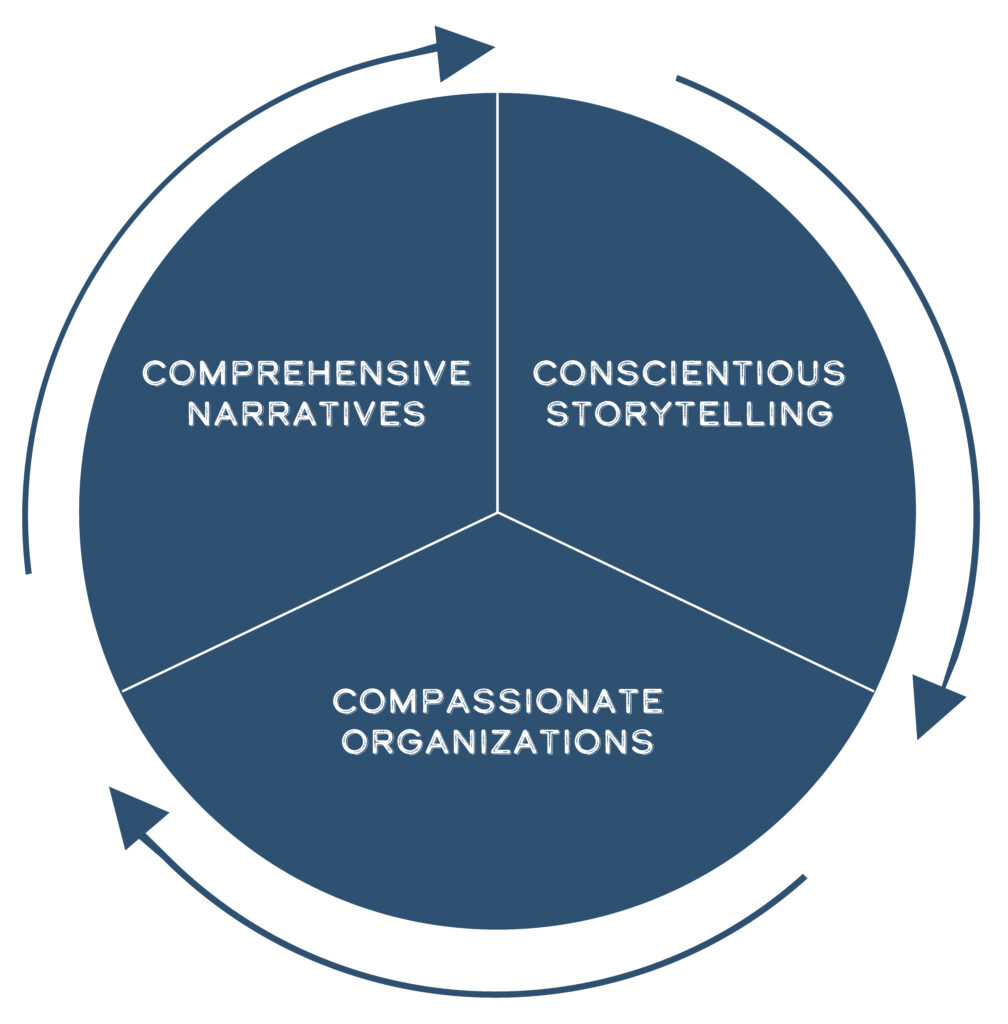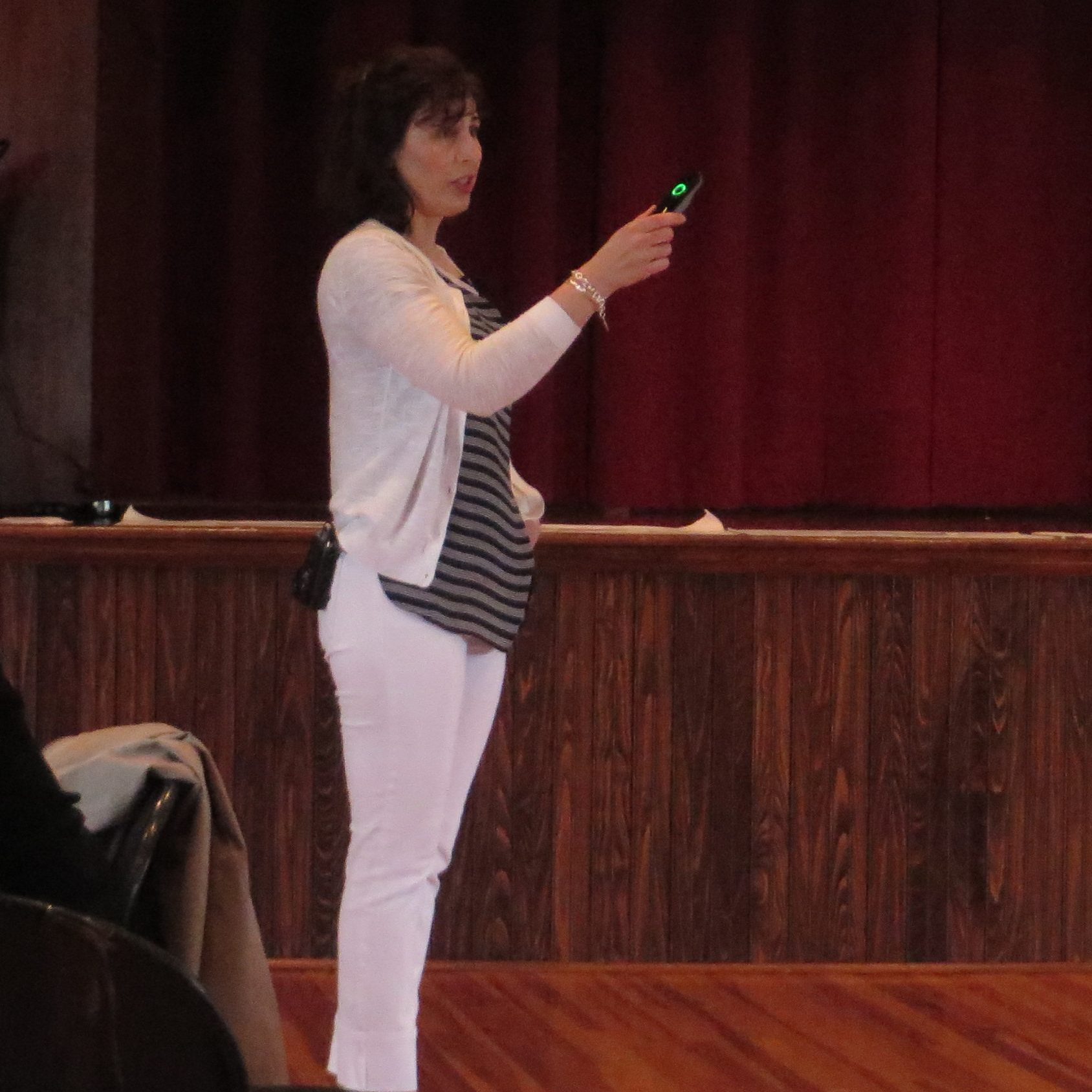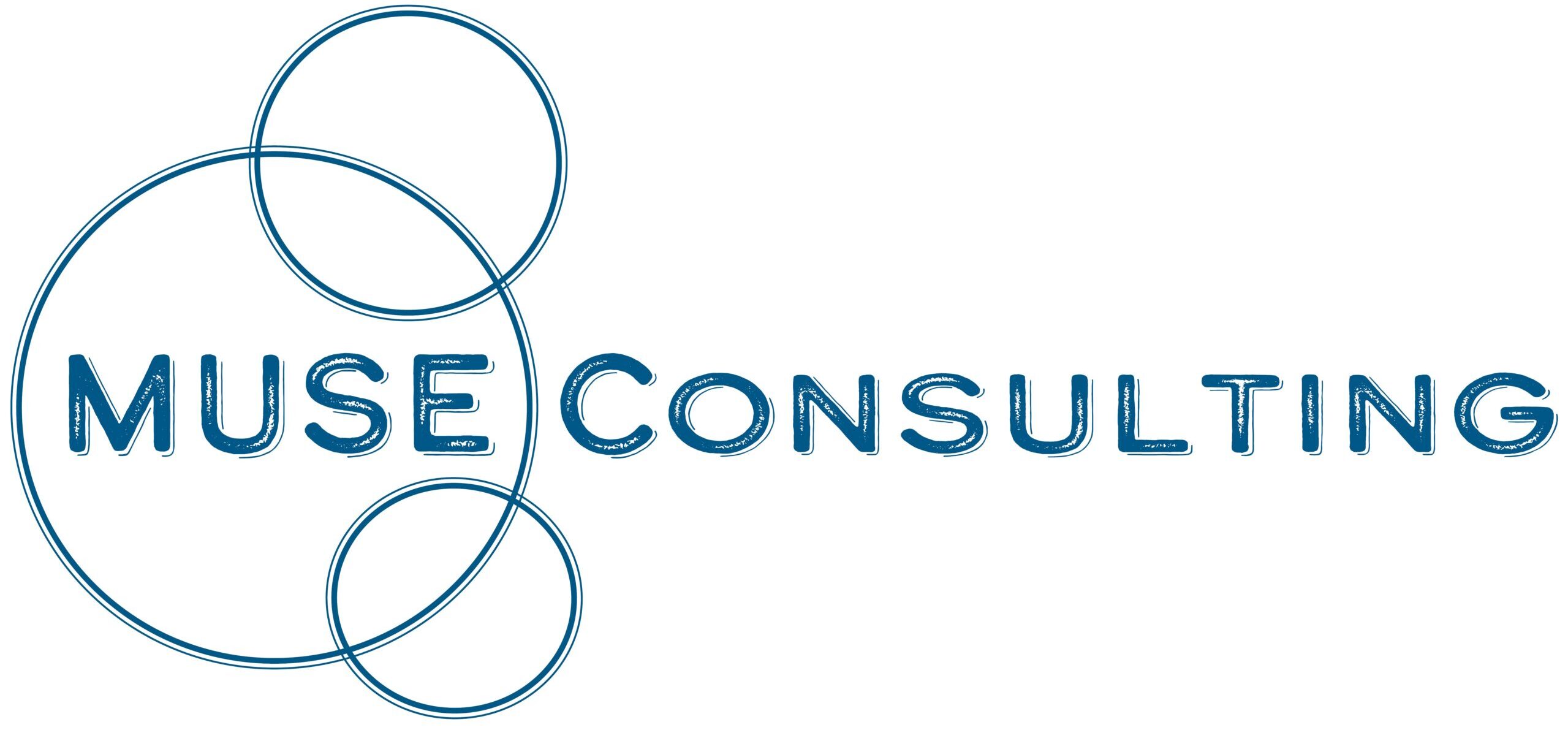About MUSE Consulting
Our guiding principles are: Comprehensive Narratives, Conscientious Storytelling, and Compassionate Organizations. These three principles work together in a recursive process to create truthful interpretations and transformative learning experiences.

Comprehensive Narratives
I believe in developing comprehensive interpretive narratives for programs and exhibits that:
- Are well-researched, truthful, and inclusive
- Reflect multiple perspectives.
- Recognize the humanity in people.
Example: At Strawbery Banke, I guided the staff through an interpretive planning process that highlighted the lives of enslaved and free Black residents of the Puddle Dock neighborhood in Portsmouth, NH. The interpretive plan included themes and essential questions that helped connect the larger narrative of “community” to the specific stories of Black residents. These new comprehensive narratives motivated shifts in interpretive methodologies (from first-person to third person) that allow for the inclusion of multiple historical voices and a multi-dimensional depiction of the community’s enslaved population.
Conscientious Storytelling
I believe that conscientious stories can help learners:
- Connect with each other and with the past.
- Find their own relevance and relate the history to their own story.
- Come together for a shared collective experience.
- Work through the process of integrating new narratives into their existing knowledge while challenging existing attitudes and beliefs.
Example: I was the primary developer for “Experiences of Enslaved People,” a new interactive for the Boott Cotton Mills Museum at Lowell National Historical Park. The interactive provides visitors an opportunity to hear the words (recorded by voice actors) of enslaved people who were forced to work and live on cotton plantations. The excerpts from reminiscences and oral history interviews offer visitors multiple entry points into the stories of enslavement, including family, labor, and freedom, that encourage visitors to connect to the past by finding their own relevance in the story.
Compassionate Organizations
I believe compassionate organizations must:
- Demonstrate open and honest communication.
- Engage in collaborative work, internally and with stakeholders.
- Be willing to navigate the role of race/identity in their work and confront challenging history to create an equitable and just world.
- Support the integrity of the public history and museum fields.
- See the big picture and navigate the small details.
- Practice empathy, resilience, and flexibility.
Example: While working with Georgetown Visitation Preparatory School on a strategic plan for the integration of their history of enslavement into their work, I helped them to make sense of the large scope of the project that would research, acknowledge, and reconcile their difficult past. Together, we used empathetic strategies to create open communication with the school community, and beyond, while confronting head-on the challenges of reconciling their Catholic teachings with the fact that their founders held African men, women, and children in bondage. The work involved wrestling with race and identity, as well as how to repair past injustices by incorporating the history into their school curriculum and using it to motivate their social justice curriculum towards a more equitable future.
HUGE kudos to Kristin for the outstanding training “Reckoning with Black History @ 250.” This training, which I attended last week at Valley Forge, gives a solid theoretical grounding for enriching our interpretation with more content of Black history in both the colonial era and the years of the early Republic. Equally deserving of kudos are the park guides, park rangers and others who attended, all of whom demonstrated passion, energy and strong analytical skills in support of this initiative.
– National Park Service workshop attendee
Kristin L. Gallas, principal

Kristin Gallas, principal of MUSE Consulting, is an award-winning museum educator who disrupts the public history field with truthful interpretations. With nearly 30 years of experience, her education programs, interpretive plans, and professional development trainings have transformed learning experiences at museums and historic sites. Kristin is the author of Interpreting Slavery with Children and Teens at Museums and Historic Sites (Rowman and Littlefield, October 2021), which serves as a vital resource for engaging young audiences with the history and legacies of slavery. She is the co-editor of Interpreting Slavery at Museums and Historic Sites (with J.D. Perry, Rowman & Littlefield, January 2015) and has contributed to numerous publications on best practices in museum education including the American Association for State and Local History’s 250th Anniversary Program Handbook. Kristin earned a bachelors in education from University of Vermont and a masters in museum education from George Washington University. She is an adjunct professor at Roger Williams University (public humanities, undergraduates) and University of Massachusetts Boston (public history, graduate program). Her work spans the country, including Washington, D.C., Virginia, Louisiana, Kentucky, Montana, and all six New England states, where she has collaborated with museums and historic sites to enhance their educational programs and interpretive strategies.
Her journey to interpreting stories of enslavement began when she developed the Tracing Center on Histories and Legacies of Slavery‘s public history efforts and oversaw the design of workshops for teachers and other professionals in education. She led the education departments at the Montana Historical Society, the USS Constitution Museum, and the Tsongas Industrial History Center, and consulted with the Mount Vernon Ladies Association on the exhibit, “Lives Bound Together: Slavery at George Washington’s Mount Vernon.”
Thank you for such a productive two days. We accomplished so much, and you helped us have difficult conversations about concepts that our natural instinct is to avoid. Particularly productive was formulating our value statement and outcomes. These discussions were rich in teasing out each of our individual goals with this material. Seeing them together helps us take this in a direction that hopefully we will all agree is the right one.
– Organizational Planning Client
Read our quarterly newsletter
Spring 2025
Winter 2025
Fall 2024
Summer 2024
Spring 2024
Winter 2024
Fall 2023
Spring 2023
Winter 2023
MUSE Consulting puts into action the work of Interpreting Slavery, which grew from work with the Tracing Center on Histories and Legacies of Slavery
